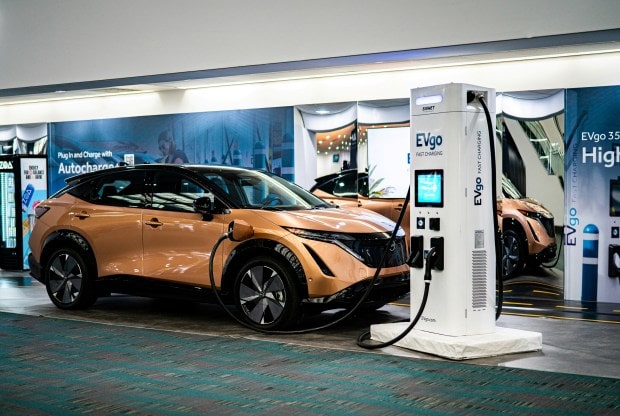In the ever-evolving landscape of work, the only constant is change. As technology advances and societal norms shift, the way we work undergoes continuous transformation. From remote work to artificial intelligence, here are the trends shaping the future of work and predictions for what lies ahead.
Remote Work Revolution
The COVID-19 pandemic accelerated the adoption of remote work, forever altering the traditional office setup. Companies worldwide quickly adapted to remote work models, proving the feasibility and benefits of distributed teams. As we move forward, remote work is poised to become the new norm, offering flexibility and work-life balance to employees while reducing overhead costs for employers.
Gig Economy Growth
The rise of the gig economy has empowered individuals to pursue flexible, independent work arrangements. Platforms like Uber, Upwork, and TaskRabbit have democratized employment, enabling people to monetize their skills on their own terms. With the gig economy projected to expand further, more professionals will opt for freelance and contract work over traditional employment, challenging conventional notions of career paths and stability.
Automation and AI Integration
Advancements in automation and artificial intelligence (AI) are reshaping job roles and workflows across industries. While some fear job displacement, others recognize the potential for increased efficiency and innovation. As AI continues to evolve, repetitive tasks will be automated, freeing up human capital for more creative and strategic endeavors. Upskilling and reskilling initiatives will be crucial to equip workers with the necessary skills for the AI-driven workplace of the future.
Emphasis on Well-being
The future of work prioritizes employee well-being as organizations recognize its direct impact on productivity and retention. Flexible schedules, mental health support, and wellness programs are becoming standard offerings in progressive workplaces. Employers will invest in creating inclusive and supportive environments where employees feel valued and empowered to thrive both personally and professionally.
Hybrid Work Models
Hybrid work models blend the best of both worlds, combining remote and in-person work arrangements. Employees have the flexibility to choose where and how they work based on their preferences and job requirements. This approach fosters collaboration while accommodating individual needs, driving productivity and employee satisfaction.
Diversity, Equity, and Inclusion
Diversity, equity, and inclusion (DEI) initiatives are integral to shaping the future of work culture. Companies are actively addressing systemic inequalities and biases to create more diverse and equitable workplaces. By fostering a culture of belonging and representation, organizations unlock the full potential of their workforce and drive innovation.
Adapting to Change
As the future of work unfolds, adaptability will be a key determinant of success. Rapid technological advancements and societal shifts demand a workforce that is agile and resilient. Continuous learning and development will be essential to staying relevant in an ever-changing job market.
Conclusion: Embracing the Future
The future of work is dynamic and multifaceted, driven by technological innovation, societal trends, and evolving workforce expectations. Remote work, the gig economy, automation, and employee well-being are just a few of the factors shaping the way we work. By embracing these trends and predictions, organizations and individuals can navigate the future of work with confidence and resilience.




